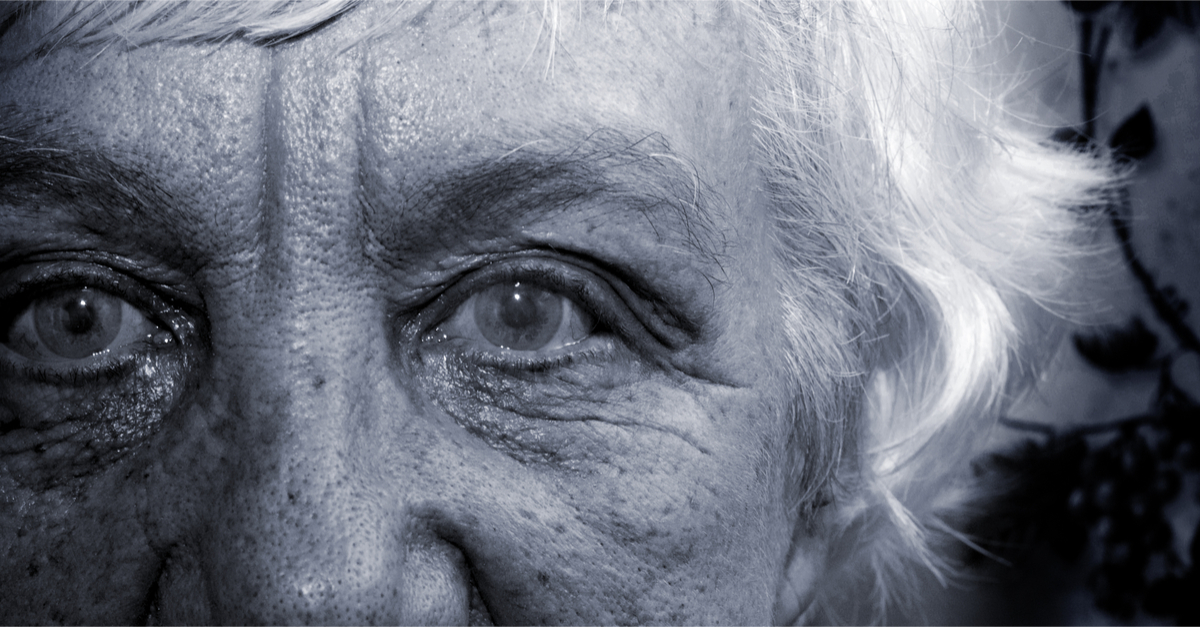Depression Linked as a Risk Factor for Dementia

Researchers have found a relationship between depression in older adults and dementia. Older people with depression are more likely to develop dementia, but researchers haven’t been able to explain the exact nature of this relationship. They were not sure if dementia caused people to become depressed or if depression helped bring on dementia.
Researchers really wanted to figure out the direction depression had in dementia as an early symptom of dementia. In the study published in the Journal Neurology in July 2014 (American Academy of Neurology, 2014), Robert S. Wilson, PhD, leading researcher in the study, found that depression is a “risk factor” for dementia. The researchers found that people with more symptoms of depression tend to suffer a more rapid decline in thinking and memory skills. The study found an association between depression and dementia. However, it did not prove a cause-and-effect relationship.
Wilson, senior neuropsychologist at the Rush Alzheimer’s Disease Center at Rush University, states that this is a risk factor that we want to take seriously because treating depression can reduce the risk of dementia in older people. This is good news as depression is treatable.
This study involved over 1700 people with an average age of 77 years. The participants showed no thinking or memory problems at the beginning of the study. Participants were screened every year for symptoms of depression such as loneliness and lack of appetite. They took thinking and memory skills tests for an average of eight years. During the study, about half of the participants developed mild problems with memory and thinking ability that often appear as a precursor to Alzheimer’s disease. In the study, 18% (315 People) developed dementia.
Researchers found the high levels of depression prior to a diagnosis of dementia are linked to a more drastic decrease in thinking and memory skills later on. However, people who are developing dementia did not become more depressed as they developed dementia. They actually became less depressed according to Wilson. He explains that as people lose their thinking and memory skills, it becomes harder to become depressed and stay depressed as depression depends on a certain continuity of experience that becomes disrupted as people develop dementia. He assured us that it is left to the rest of us to feel depressed as we watch our loved ones slip into dementia.
Autopsies of the brains studied from this research found no relationship between depression and dementia-related damage in the brain. This means that we need to attend to depression in one’s life just as we do other things such as exercise, eating right and getting good sleep. There are indicators that this will lead to at least deferring some of the mental decline that comes with aging and may also reverse some part of the decline that is related to the depression.
Added to that is the fact that, depression gets better with treatment. Memory symptoms, forgetfulness, concentration, and decision making all get better as depression improves. Healthy habits also are important for both depression and dementia. Regular exercise decreases the risk for dementia and is a great treatment for depression. The recommended dosage is at least 30 minutes of moderate exercise five days a week. Along with this, having an active social life and participating in mentally challenging and engaging activities are critical as well. (Bowers, 2014)
So if you or an elderly loved one is suffering from depression, consider what needs to happen for treatment. If this could help relieve the depression and save you or him/her from moving into dementia, then it is certainly worth the effort. Depression feels bad and is very treatable. So that in itself makes it worth the effort without the risk factor playing into the decision.
Works Cited
American Academy of Neurology. (2014, July 30). How is depression delated to dementia. Retrieved from www.aan.com/pressroom/home/pressrelease1299.
Bowers, E. S. (2014, October 15). Depression as a risk factor for dementia. Retrieved from Everydayhealth.com.
Tags: dementia and depression, depression linked to dementia, elderly and depression
ABOUT THE AUTHOR

Janie Pfeifer Watson
Licensed Independent Clinical Social Worker
Licensed Independent Mental Health Practitioner- Janie Pfeifer Watson, LICSW, is the founder and director of Wholeness Healing Center, a mental health practice in Grand Island, Nebraska with remote sites in Broken Bow and Kearney. Her expertise encompasses a broad range of areas, including depression, anxiety, attachment and bonding, coaching, couples work, mindfulness, trauma, and grief. She views therapy as an opportunity to learn more about yourself as you step more into being your authentic self. From her perspective this is part of the spiritual journey; on this journey, she serves as a mirror for her clients as they get to know themselves—and, ultimately, to love themselves.
LATEST ARTICLES BY Janie Pfeifer Watson
- Gentle and Grounded – A Mindful Reset for 2026
- Glimmers of Light – Nurturing Joy During the Holidays
- Live Stronger: Strength, Balance, and Social Connection after 50 Stay strong. Stay Connected. Stay independent.
- Healing is a Lifelong Journey, and It Doesn’t Happen in a Straight Line
- Habits to Develop to Age Well
Subscribe today
Sign up to receive the latest mental health tips and inspiration